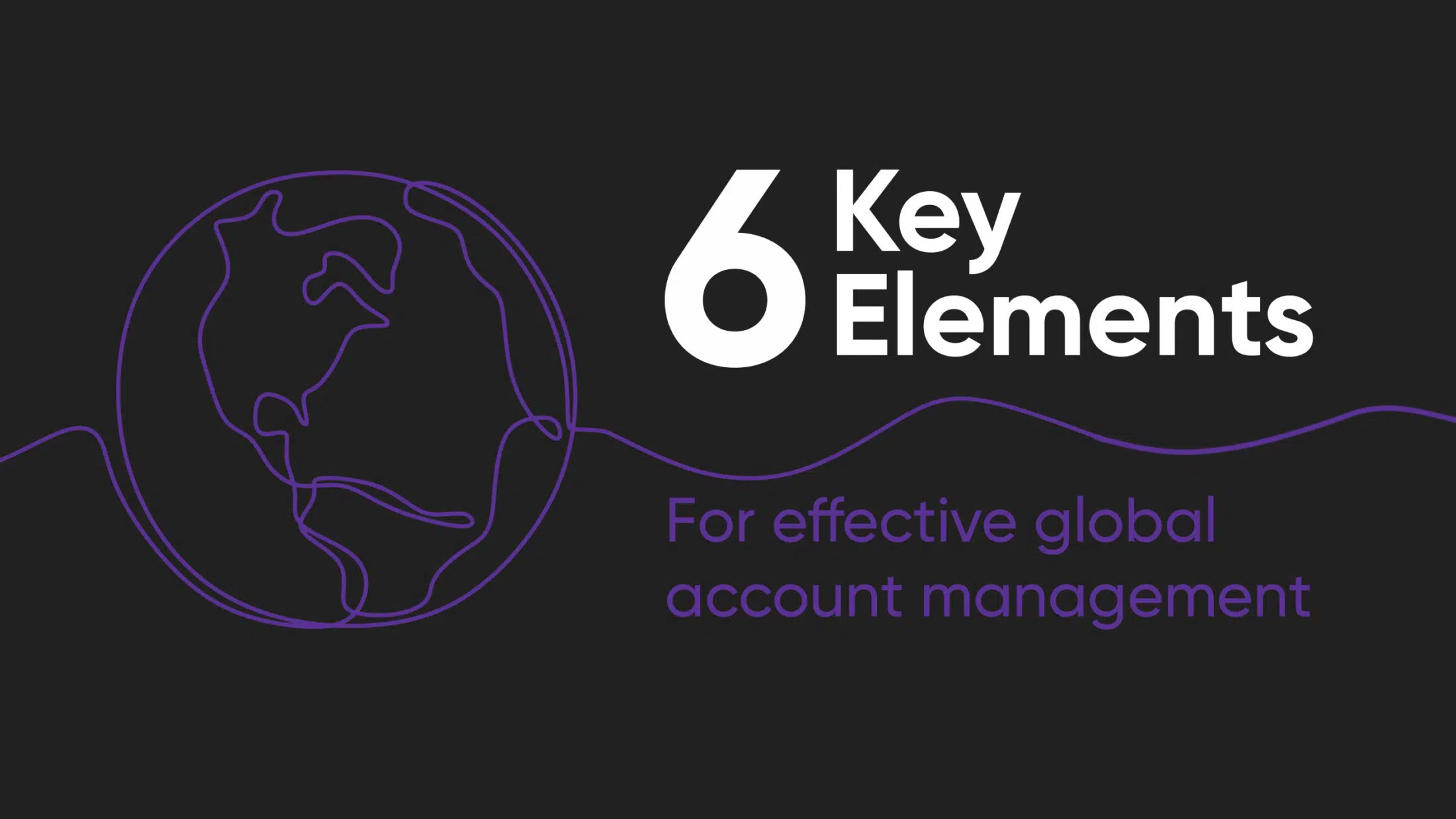11 years ago, our co-founders Caleb and Travis saw a stagnant promo industry that was ripe for disruption.
They knew brands were ready to push creative boundaries and work with innovators rather than transactional vendors, so they started Imprint Engine. One of the best parts about our job is being able to help companies show appreciation for their people and culture. And with international giants like Uber, Walmart and DocuSign in our production queue, fine-tuned global capabilities are mandatory for delivering a seamless and memorable brand experience.
We chatted with Caleb Gilbertson, aforementioned co-founder and our CEO, about how we’ve invested in global account management and the major differences it makes for our clients—logistically and financially.
We broke it down by 6 Key Elements:
1. Localized Infrastructure
Establishing suppliers in different regions of the world and hiring boots on the ground in other countries are some of the best moves we’ve made to achieve a smoother fulfillment process and more control over the end product. Caleb added, “It’s really easy to just hire a third party logistics company in different parts of the world and say you’re a global company. It’s a much different approach to actually have employees in different parts of the world that are there to support your customers, to work with suppliers, and to handle distribution.”
2. Global Logistics
We have many international clients, so we had to figure out how to handle global production logistics at a localized level in order to maintain their brand integrity. Global programs require design expertise, production expertise, manufacturing expertise, logistics expertise, eCommerce expertise… you get the gist, a lot of expertise. And then we also support the end consumers, so you can imagine how difficult that would be for anyone to manage internally. Our clients wanted a partner who can help them run global campaigns without losing consistency, which is why we’ve put so much effort into taking what we do here in Minnesota and implementing it throughout our teams and infrastructure around the world.
3. In-House Production
Bringing production in-house has increased creativity and quality control while saving tons of time and money compared to companies who have to outsource multiple vendors. In Caleb’s words: “We see a lot of companies coming to us that have been struggling to manage it internally. You know, they’re using a handful of vendors to manufacture the products. They’re signing into a third party logistics provider. They’re using an e-commerce solutions provider. They’re trying to lean on their internal design team that’s super busy focusing on designing their products that are much higher priority. So the merchandise and experience stuff often just gets pushed to the wayside or hacked out.” We don’t think providing out-of-the-box brand experiences belongs on the back burner, so we’ve prioritized being able to bring to life virtually anything our clients can imagine from the comfort of our warehouse.
4. Technology
What is Caleb most excited for in the future? Tech. Expanding globally is one thing, but investing in technology solutions is critical for supporting our clients and our scaled operation. Our proprietary custom platform and innovations create more personalized brand experiences and work in harmony with physical products and programs. And while tech is one of Caleb’s greatest passions, he believes those physical experiences will not go out of style anytime soon. “I just don’t think, you know, probably not in at least my lifetime that people are gonna value being in a virtual experience over a real world experience or holding a physical product in their hand versus a virtual product.”
5. Flexibility
We integrate with clients from a variety of industries with their own unique structures, so learning their dynamics is an interesting challenge that requires flexibility on our end. Where do they want to hold onto the process? Where do they want to lean more on us? Being adaptable and plugging into client processes wherever they need help allows them to do what they do best and enables us to execute the more complicated stuff to provide an overall smooth and coherent experience.
6. Understanding the True Cost
The true financial impact of a global project is a very complicated problem to solve, especially depending on how companies decide to go about it. Enlisting an external global service provider for promotional projects is easier than finding a “unicorn employee” who can handle everything internally, but as Caleb points out, it’s who companies choose to partner with is what truly makes the difference. “I think it sometimes takes companies a little bit of time to realize that the cost of trying to do this internally adds up much faster than they think versus outsourcing it to a company like us that has a team of experts in each area of the process that are important to fully execute for the end users.” By managing global accounts in-house instead of outsourcing several vendors with focused expertise in each area, our clients always get a clear understanding of how their investment into their brand experience will ripple through to their bottom line.
Global account management is not an expertise that came to us overnight. It’s been a huge learning curve with a lot of literal ground to cover. But like we said before, Imprint Engine was born out of the desire to disrupt an industry that was ready to evolve. It shouldn’t be complicated for companies to build camaraderie and culture through thoughtful, efficient brand experiences—no matter where they’re based or where their end consumers live.
If you’ve been promised global solutions before but still haven’t met your needs, it might be time to chat with our team. Let’s get started!


